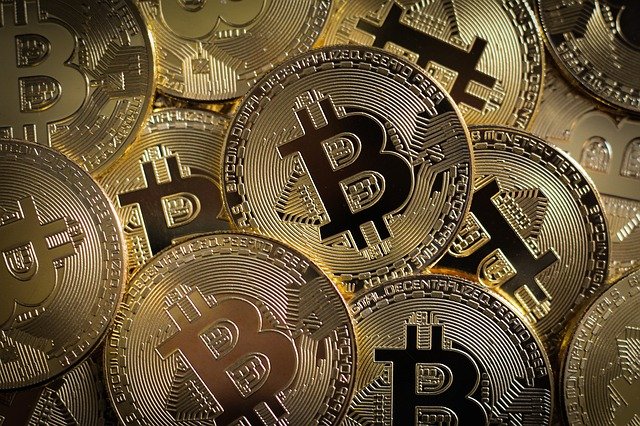Bitcoin Deemed ‘Money’ Under D.C. Financial Services Law
July 24, 2020, 12:55 PM; Updated: July 24, 2020, 4:20 PM
- Money Transmitters Act definition of ‘money’ includes Bitcoin
- Bitcoin trading service may be unlicensed money transmitter
The virtual currency known as Bitcoin is a form of “money” covered under the Washington, D.C., Money Transmitters Act, a federal court said Friday.
The court declined to dismiss criminal charges against Larry Dean Harmon, the operator of an underground Bitcoin trading platform, for running an unlicensed money transmitting business under D.C. law and for laundering money under federal law.
The ruling will likely have minimal impact on how Bitcoin is treated by the market, but establishes parameters on how the District of Columbia regulates cryptocurrency in money transmission. It also brings the D.C. rule in line with how federal and state authorities treat Bitcoin for the purposes of anti-money laundering purposes.
Harmon, who allegedly portrayed his platform as a service for stripping Bitcoin of any link to illegal transactions, was indicted by a federal grand jury in 2019. He sought to dismiss the illegal-money-transmission claims, arguing that Bitcoin isn’t “money” under the MTA and that his platform wasn’t a “money transmitting business” under the U.S. Code.
Money “commonly means a medium of exchange, method of payment, or store of value,” Chief Judge Beryl A. Howell wrote for the U.S. District Court for the District of Columbia. “Bitcoin is these things.”
The D.C. law adopts that meaning even though it doesn’t strictly define “money,” the court said.
The district court’s ruling means that Bitcoin is treated as money only in the context of D.C.’s money transmission law, said Peter Van Valkenburgh, director of research at Coin Center, a crypto and blockchain-focused nonprofit based in Washington.
“These cases pop up all the time because nearly every state has its own definition of money transmission” that triggers licensing requirements, Van Valkenburgh said.
Harmon’s service, located on the Darknet, was allegedly advertised as a way to mask drug, gun, or other illegal transactions from law enforcement. It was used to exchange the equivalent of around $311 million dollars between 2014 and 2017, the indictment said.
The court also denied Harmon’s motion for release of 160 Bitcoins seized by the government. There was a high likelihood that all funds involved in his platform were also involved in alleged drug trafficking conspiracy, making them subject to forfeiture, Howell’s order said.
‘Another Brick’
In this case, the District’s definition of money under its money transmitter laws was vague, but the judge chose to rely on the common use of the term “money.”
“It’s just another brick in the wall” for states to put more precision in how cryptocurrencies like Bitcoin are treated under their statutes, Van Valkenburgh said.
Companies transacting in Bitcoin and other cryptocurrencies are generally required to obtain money transmission licenses from states.
The Treasury Department’s financial crimes enforcement division has also deemed that money laundering using crypto tumblers and mixers—fee-based services used to mix digital assets to make them more difficult to trace back to the original holder—falls under federal money transmission laws.
The case is United States v. Harmon, D.D.C., No. 19-cr-395, 7/24/20.
(Updates throughout with comments from crypto advocacy group)
To contact the reporters on this story: Maeve Allsup in San Francisco at mallsup@bloomberglaw.com; Lydia Beyoud in Washington at lbeyoud@bloomberglaw.com
To contact the editors responsible for this story: Rob Tricchinelli at rtricchinelli@bloomberglaw.com; Michael Ferullo at mferullo@bloomberglaw.com; Roger Yu at ryu@bloomberglaw.com

0 Comments